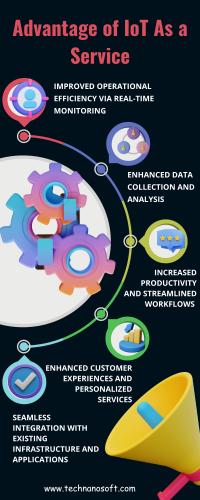How to Choose the Best Health Care Software Development Services for You

If you are thinking of investing in new software for your healthcare industry, you need to ensure that you choose the best possible services. It is especially true if you plan to upgrade your current practice management system. Some possibilities include Practice Management, EHR, and Behavioral Health Solutions. Selecting the best service provider can help you improve your business operations and save money.
Behavioural health software
Behavioural health software provides a comprehensive set of features for clinical workflows. It enables practices to manage operations, document patient records, and provide reports. The system's capabilities can customize to fit the needs of individual providers. Behavioural health software can ensure regulatory compliance and reduce paperwork time, whether a small practice or a large organization.
Behavioural health EHR software provides a secure, easy-to-use solution to keep records. It also simplifies billing processes and collecting payments. In addition, these systems offer tools for telemedicine, ensuring that practitioners and patients can communicate remotely.
Choosing a vendor for behavioural health EHR software can take time and effort. However, the selection process will be much easier with the right research and preparation. To choose the right vendor, start by defining your requirements. It will help you narrow your search and purchase from a reputable vendor.
Practice management system
Choosing the right healthcare software development services for your practice management system can be daunting. A wide variety of options are available, and each is designed to fit a particular type of practice.
Practice management systems are useful for organizing and managing the workflow of medical practices. They often include patient scheduling, inventory, billing, and accounting features. Using a practice management system can help keep you organized, increase your efficiency, and help ensure that your financial performance is on track.
Depending on the needs of your practice, you can choose between a cloud-based practice management solution or a server-based one. The benefits of cloud-based software are that you can access your data from anywhere. It eliminates the need for physical servers and large storage units.
EHR
The right healthcare software development services can make a big difference in how your practice functions. It can improve efficiency, reduce errors, and increase patient safety. But choosing the right software for your needs can be challenging. You should first consider the capabilities and requirements of the system.
Ideally, the system should meet your practice's unique needs. For instance, you may need a patient portal or a specific type of billing system. Or you might need a therapist's management system with appointment reminders.
When evaluating your options, you should consider the software's compatibility with other systems. If you plan to share data between your EHR and practice management systems, you will need to look for a platform that supports interfacing.
AI-based solutions
Artificial Intelligence in the healthcare industry is an important step towards enhancing patient outcomes. However, it also raises concerns over the potential ethical problems that arise. In addition, if used improperly, it can put lives at risk.
Nevertheless, AI can improve the efficiency of the healthcare system. It can streamline hospital workflow and patient flow. Moreover, it can direct patients to the most appropriate care.
The use of Artificial Intelligence for healthcare is becoming more popular. There are many applications of the technology. They include telemedicine and virtual health assistants. These tools are often augmented with augmented reality and cognitive computing.
These technologies help diagnose patients. Virtual health assistants send clinical appointment reminders and follow-ups to patients. Some also offer treatment recommendations.
VR and AR
The healthcare industry is taking advantage of Virtual Reality (VR) and Augmented Reality (AR) technologies. They can enhance patient treatment and improve the coordination of care. However, there are still challenges to be addressed in this emerging field.
Despite their potential, VR and AR have yet to become commonplace in most healthcare facilities. Nevertheless, using these innovative technologies is catching on, and many startups are launching applications.
These technologies can help physicians explain surgeries and procedures to their patients. Moreover, they can also offer a distraction from pain.
VR and AR technologies are also being used to train surgeons in operating rooms. It helps them to achieve precision while allowing them to view virtual 3-D models of challenging surgical cases.














Comments